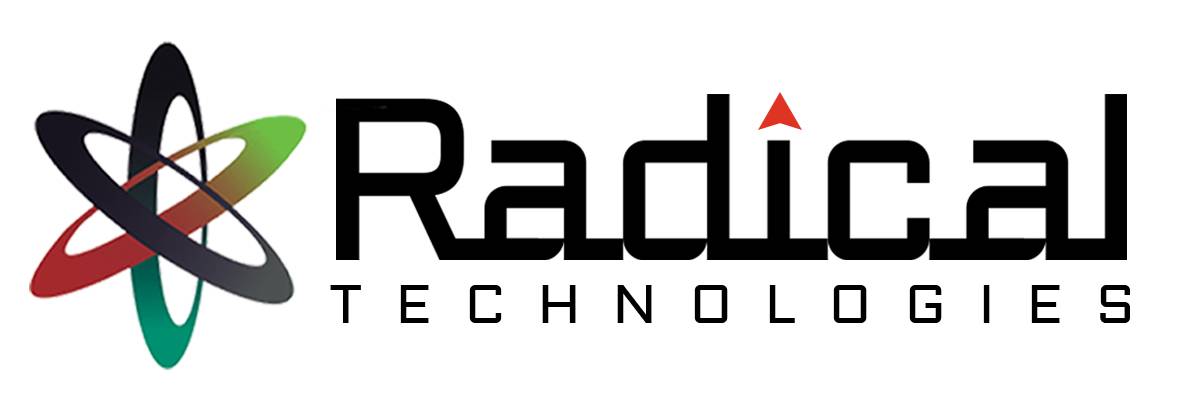- Home
- About Us
- Courses
- Combo Courses
- Programming Combo Courses
- Non Programming Combo Courses
- Linux & Cloud Combo
- Linux & DBA Combo
- AWS & Devops Combo
- Salesforce Combo
- Azure Admin Combo
- Azure Cloud & Azure Devops Combo
- Tableau Informatica Combo
- Power BI Informatica Combo
- Power BI & MSBI Combo
- Salesforce Manual Testing Combo
- Salesforce Tableau Combo
- Data Analytics Combo
- MCSA Azure Combo
- Powerplatform Combo
- ADF & Power BI Combo
- BA & Tableau Combo
- PG Diploma
- Batch Schedule
- Job Openings
- Certifications
- Gallery
- Contact Us
CUSTOMER DATA PLATFORM SPECIALTY

A Customer Data Platform (CDP) Specialty professional is a specialist in managing and utilizing Customer Data Platforms, which are software solutions designed to collect, unify, and centralize customer data from various sources to create a comprehensive and holistic view of customer profiles. Obtaining relevant certifications in CDP platforms or data management can validate expertise in this role.
1232 Satisfied Learners
CUSTOMER DATA PLATFORM SPECIALTY Training in Pune/ Online
Duration of Training : 40 hrs
Batch type : Weekdays/Weekends
Mode of Training : Classroom/Online/Corporate Training
Why Radical Technologies
Design Dynamics 365 Customer Insights solutions
Describe Customer Insights
– Describe Customer Insights components, including tables, relationships, enrichments, activities, measures, and segments
– Describe support for near real-time updates
– Describe support for enrichment
– Describe the differences between individual consumer and business account profiles
Describe use cases for Customer Insights
– Describe use cases for Dynamics 365 Customer Insights
– Describe use cases for extending Customer Insights by using Microsoft Power Platform components
– Describe use cases for Customer Insights APIs
– Describe use cases for working with business accounts
Ingest data into Customer Insights
Connect to data sources
– Determine which data sources to use
– Determine whether to use the managed data lake or an organization’s data lake
– Attach to a Microsoft Dataverse data lake
– Attach to Azure Data Lake Storage
– Ingest and transform data using Power Query connectors
– Attach to Azure Synapse Analytics
– Describe real-time ingestion capabilities and limitations
– Describe benefits of pre-unification data enrichment
– Ingest data in real-time
– Update Unified Customer Profile fields in real-time
Transform, cleanse, and load data by using Power Query
– Select tables and columns
– Resolve data inconsistencies, unexpected or null values, and data quality issues
– Evaluate and transform column data types
– Transform table data
Configure incremental refreshes for data sources
– Identify data sources that support incremental updates
– Configure incremental refresh
– Identify capabilities and limitations for scheduled refreshes
– Configure scheduled refreshes and on-demand refreshes
Create customer profiles through data unification
Select source fields
– Select Customer Insights tables and attributes for unification
– Select attribute types
– Select the primary key
Remove duplicate records
– Deduplicate enriched tables
– Define deduplication rules
– Review deduplication results
Match conditions
– Specify a match order for tables
– Define match rules
– Define exceptions
– Include enriched tables in matching
– Configure normalization options
– Differentiate between basic and custom precision methods
Unify customer fields
– Specify the order of fields for merged tables
– Combine fields into a merged field
– Combine a group of fields
– Separate fields from a merged field
– Exclude fields from a merge
– Change the order of fields
– Rename fields
– Group profiles into Clusters
Review data unification
– Review and create customer profiles
– View the results of data unification
– Verify output tables from data unification
– Update the unification settings
Configure search and filter indexes
– Define which fields should be searchable
– Define filter options for fields
– Define indexes
Configure relationships
– Create and manage relationships
– Create activities by using a new or existing relationship
– Create activities in real-time
Learn Customer Data Platform Specialty – Course in Pune with Training, Certification & Guaranteed Job Placement Assistance!
Online Batches Available for the Areas
Ambegaon Budruk | Aundh | Baner | Bavdhan Khurd | Bavdhan Budruk | Balewadi | Shivajinagar | Bibvewadi | Bhugaon | Bhukum | Dhankawadi | Dhanori | Dhayari | Erandwane | Fursungi | Ghorpadi | Hadapsar | Hingne Khurd | Karve Nagar | Kalas | Katraj | Khadki | Kharadi | Kondhwa | Koregaon Park | Kothrud | Lohagaon | Manjri | Markal | Mohammed Wadi | Mundhwa | Nanded | Parvati (Parvati Hill) | Panmala | Pashan | Pirangut | Shivane | Sus | Undri | Vishrantwadi | Vitthalwadi | Vadgaon Khurd | Vadgaon Budruk | Vadgaon Sheri | Wagholi | Wanwadi | Warje | Yerwada | Akurdi | Bhosari | Chakan | Charholi Budruk | Chikhli | Chimbali | Chinchwad | Dapodi | Dehu Road | Dighi | Dudulgaon | Hinjawadi | Kalewadi | Kasarwadi | Maan | Moshi | Phugewadi | Pimple Gurav | Pimple Nilakh | Pimple Saudagar | Pimpri | Ravet | Rahatani | Sangvi | Talawade | Tathawade | Thergaon | Wakad


